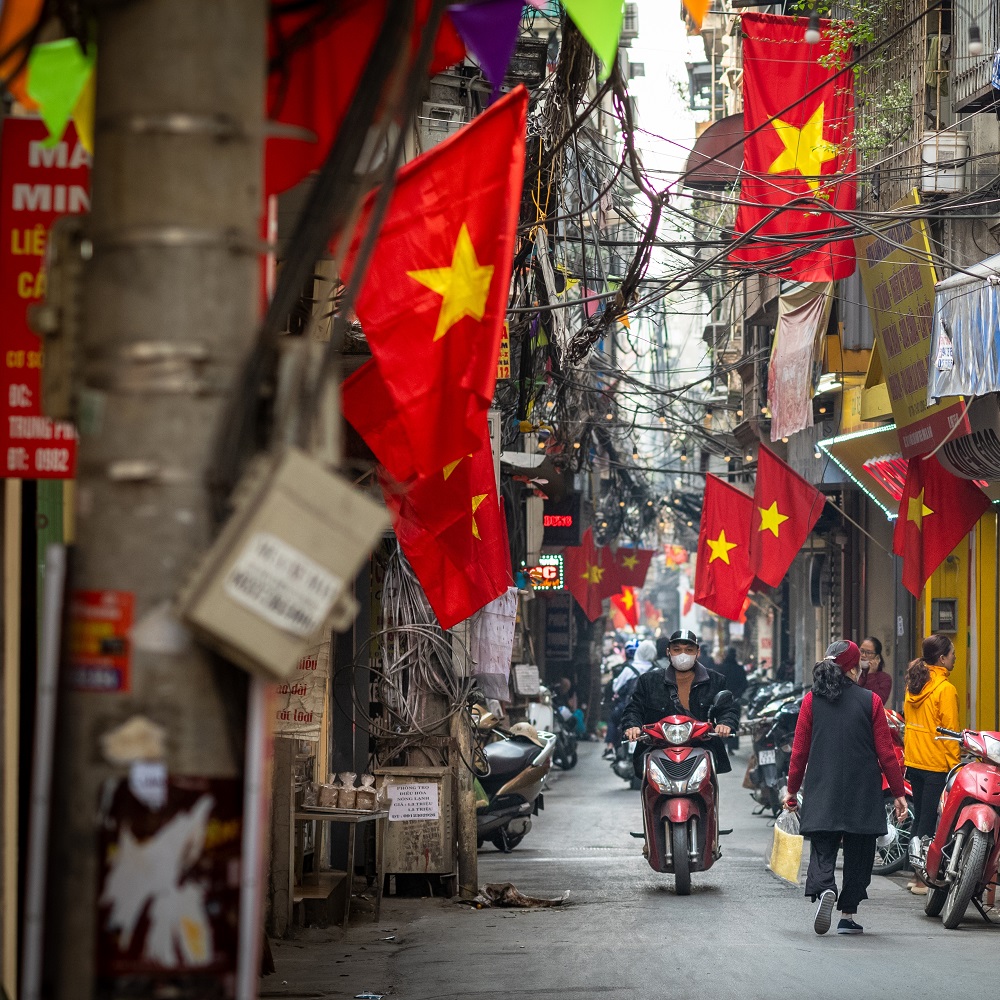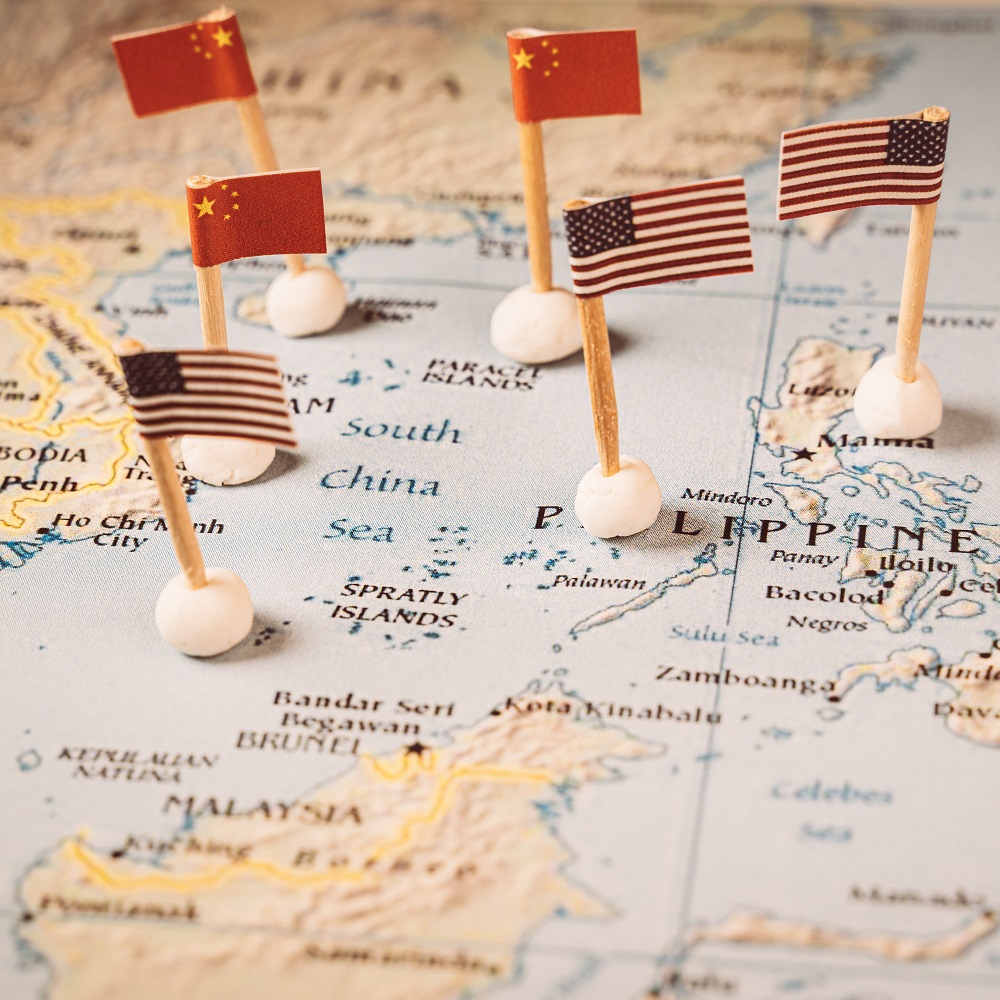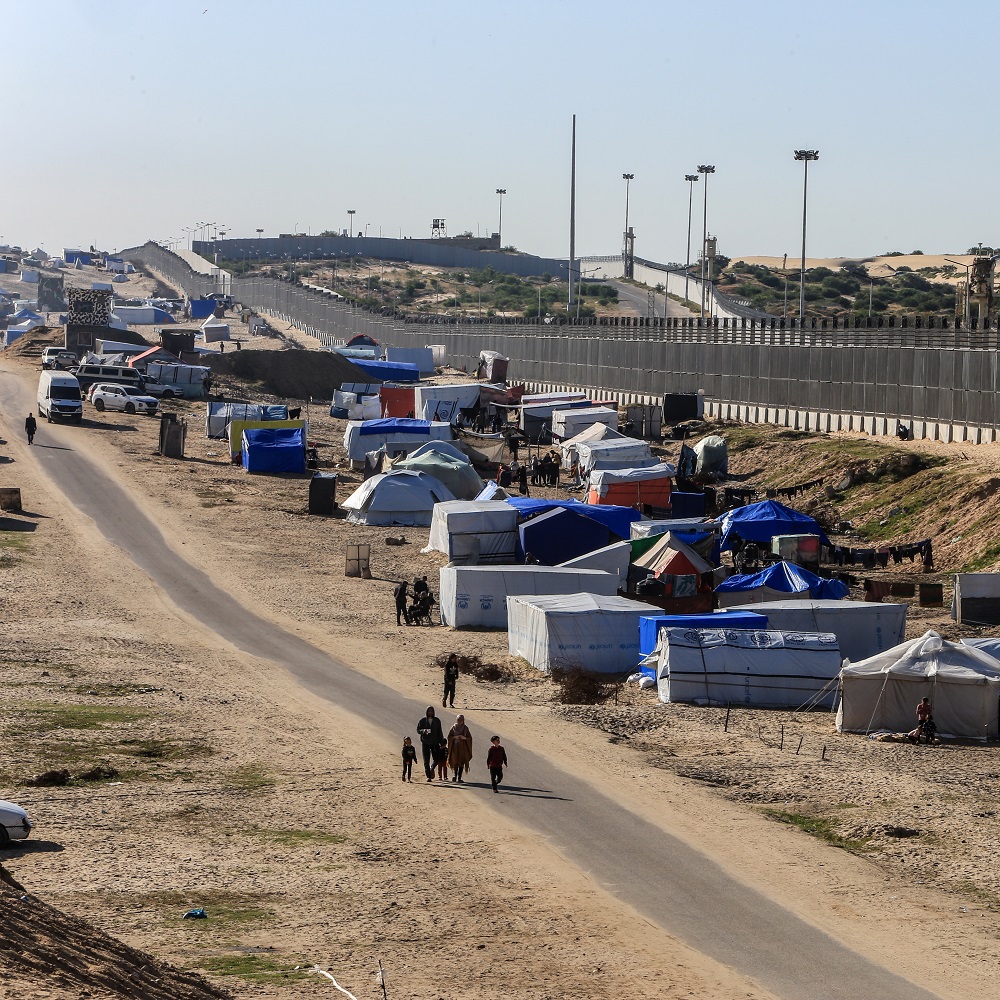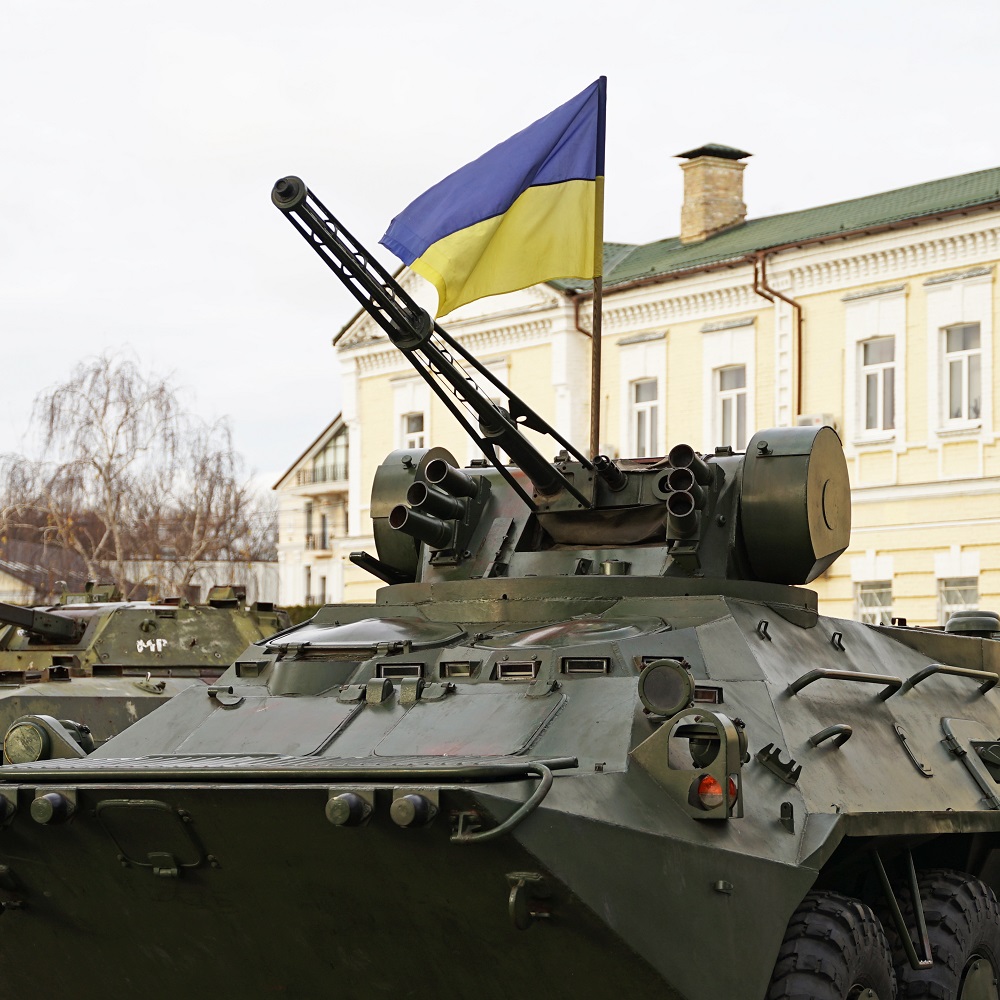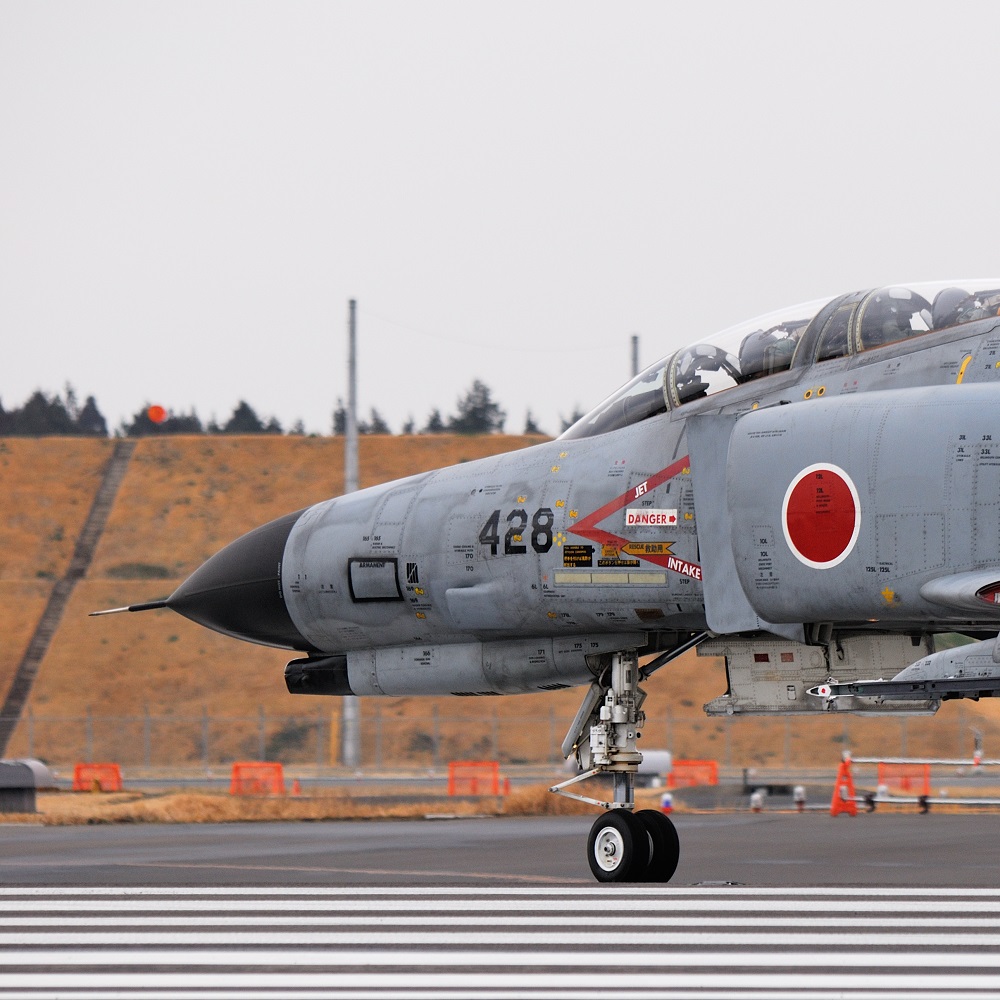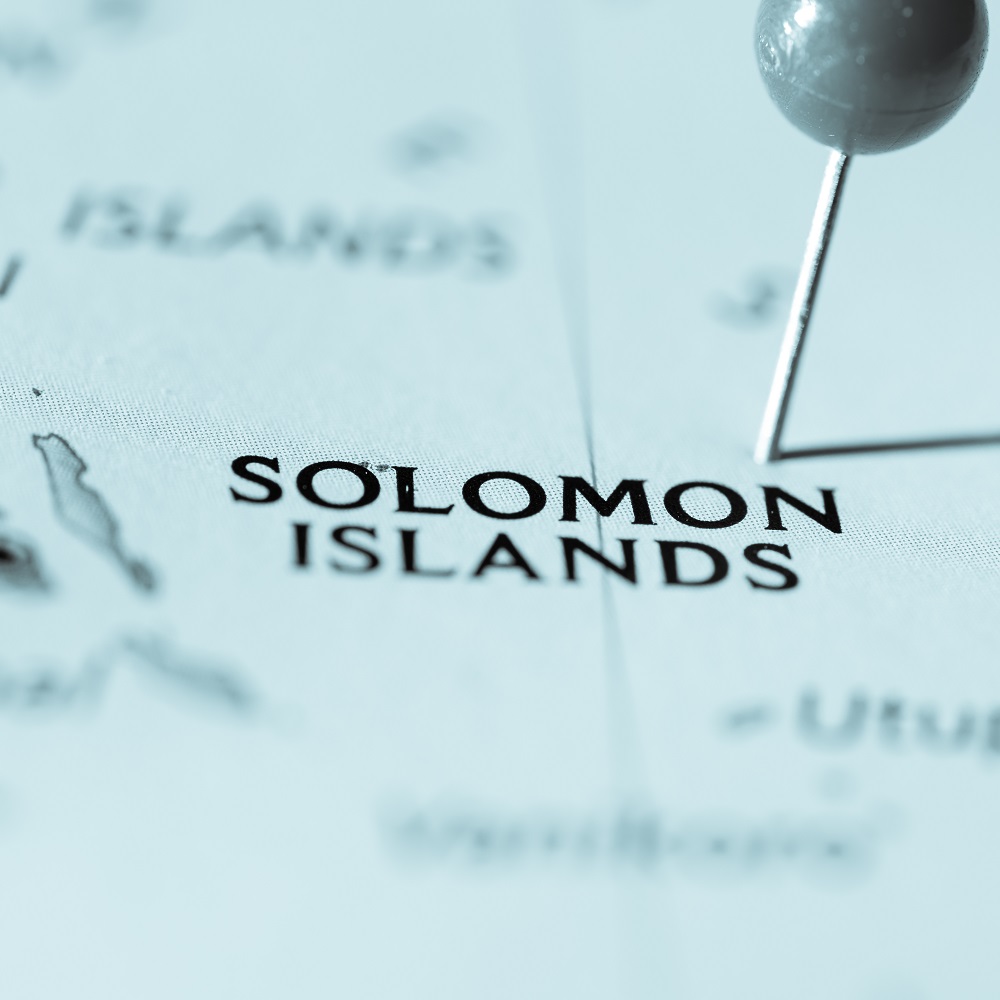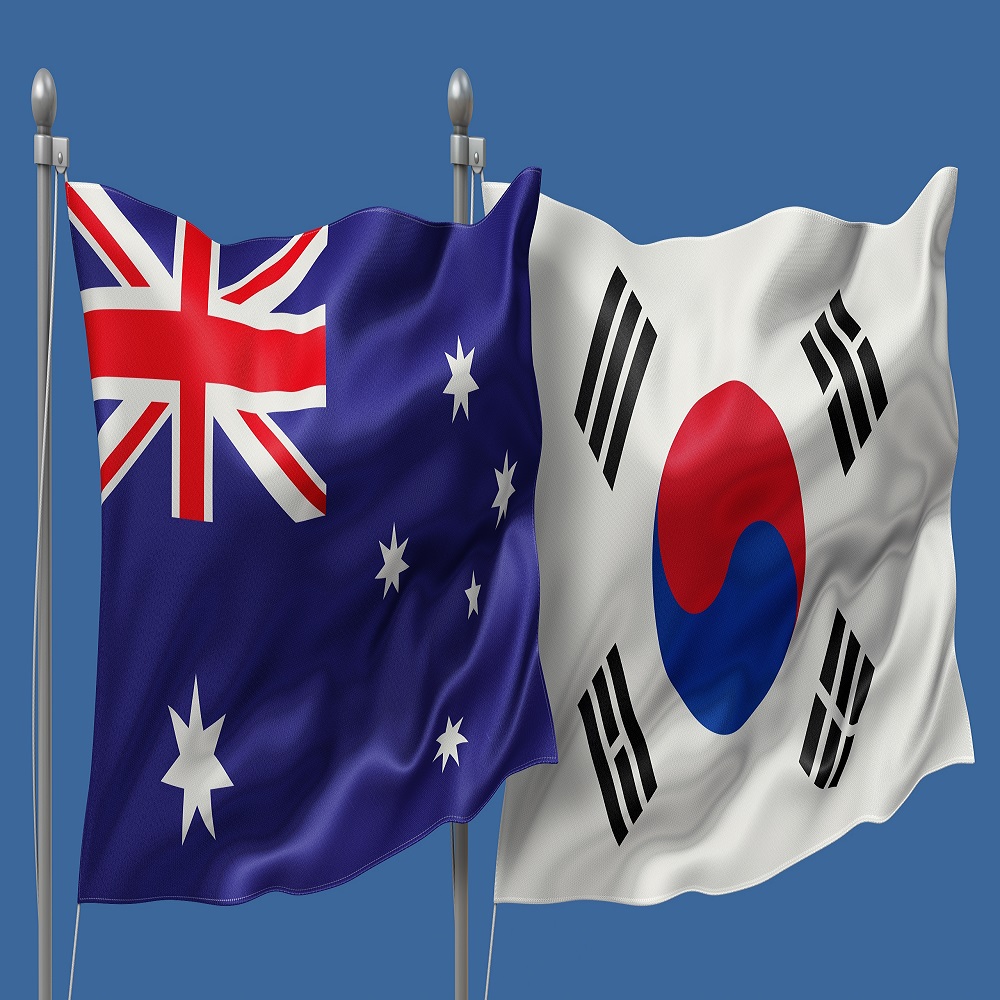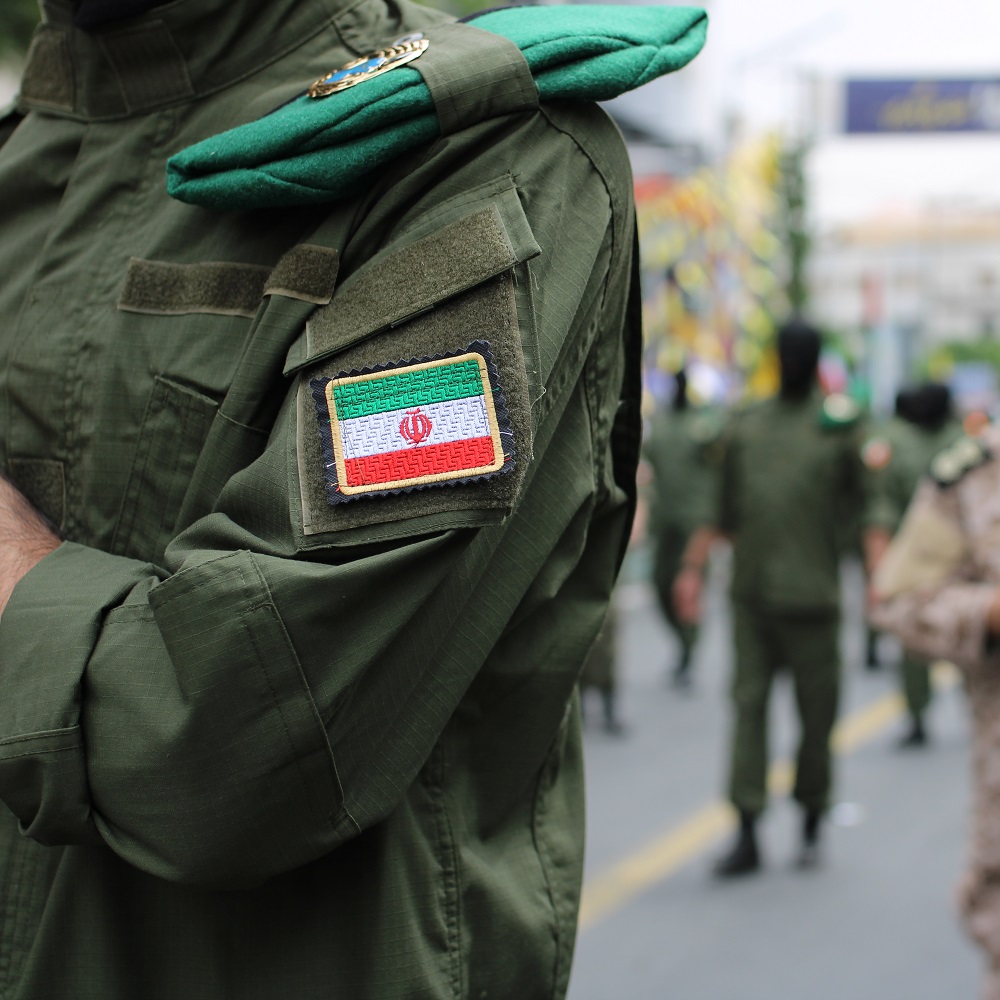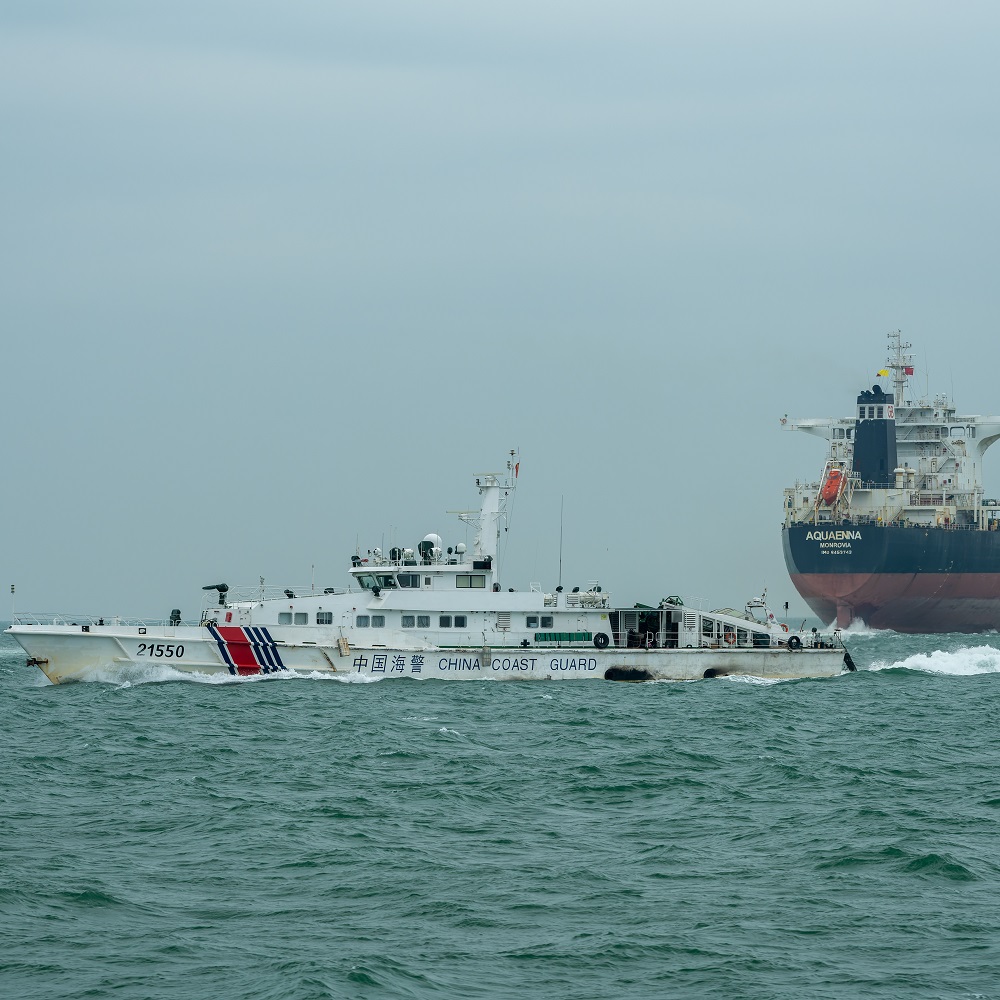
Philippines: Calming Tensions in the South China Sea
by International Crisis Group
한국어로 읽기Leer en españolIn Deutsch lesen Gap اقرأ بالعربيةLire en françaisЧитать на русском “This article was originally published here by the International Crisis Group”Tensions between China and the Philippines are increasing the risk of armed conflict in the South China Sea. In this excerpt from the Watch List 2024 – Spring Update, Crisis Group looks at how the EU can support regional diplomacy to mitigate maritime disputes. Rising maritime tensions between China and the Philippines have highlighted the risk of armed conflict in the South China Sea and the dangers it would pose to global trade. Several countries are implicated in the set of complex sovereignty disputes in the sea, which stem from rival claims to various features and the maritime entitlements they generate, but recent incidents involving Beijing and Manila have triggered the greatest concern. The Philippines controls nine outposts in the Spratlys, a contested group of land and maritime features at the heart of the South China Sea. A submerged reef known as Second Thomas Shoal has become a dangerous flashpoint, with Chinese boats continually trying to block Manila’s efforts to resupply the BRP Sierra Madre, a rusting ship housing a handful of soldiers that a former Philippine government purposely grounded in 1999 in a bid to assert sovereignty over the atoll. China, which also claims the shoal, first started interfering with these missions in 2014, but relations between the two countries in the maritime domain have never been as volatile as during the last seven months. Chinese boats have regularly rammed the Philippine supply vessels or doused them with water cannons, occasionally wounding the sailors on board. Manila has a Mutual Defence Treaty with Washington, making this burgeoning maritime dispute part of the geopolitical competition between the U.S and China. In effect, the South China Sea has become a zone where conflict risks are rife – and where Washington and Beijing could be drawn into direct confrontation. Considering these developments, the EU and its member states should: • Seek greater diplomatic engagement with both Beijing and Manila to keep tensions in check. They should also expand their diplomatic presence across South East Asia and, where relevant, establish reliable channels through which they could communicate with high-level authorities in China and other claimant states should disputes at sea escalate; • Work to promote respect for international law, particularly the law of the sea, as a source of neutral rules for dispute resolution and conflict prevention, for example by organising public events, roundtables and dialogues in Manila and elsewhere. While this measure may not bridge the divides between Manila and Beijing, it could at least help establish a level of mutual support and understanding among the other South China Sea claimant states; and • Strengthen coast guard cooperation with the Philippines, focusing on building capacity in areas such as environmental protection, safety and search-and-rescue procedures. Troubled Waters The sovereignty disputes that underpin the tensions between China and the Philippines in the South China Sea go back decades. But it was Beijing’s manoeuvres to take control of Mischief Reef (in the east of the Spratlys) from Manila in 1995 that altered the perceived balance of power between the two states and in the region, setting off the territorial dispute that has now taken a turn for the worse. China’s assertiveness in the sea has grown in the past few years, along with its military capabilities. The brewing territorial dispute made headlines in 2012 when Beijing in effect took control of Scarborough Shoal, an atoll 220km west of the Philippine mainland but within Manila’s exclusive economic zone (EEZ), after a maritime altercation. The incident prompted then-President Benigno Aquino to file a case challenging China’s territorial claims under the UN Convention on the Law of the Sea (UNCLOS). On 12 July 2016, the presiding arbitral tribunal ruled in favour of Manila, dismissing China’s claim to all the waters within its “nine-dash line”, which constitute almost the entire South China Sea. But it was a Pyrrhic victory. Beijing not only rejected the adjudication and the subsequent ruling, but it had also already undercut efforts to settle the dispute through legal channels by building and fortifying seven artificial islands in the Spratlys while the case was winding its way through the system. This move fundamentally changed the status quo, enabling Beijing to post permanent garrisons in the area for the first time. By many accounts, China has thus ensured itself control of the sea in any situation below the threshold of armed conflict. A short lull in the maritime dispute appeared to follow. After coming to power in 2016, Aquino’s successor, Rodrigo Duterte, pursued a pragmatic policy toward Beijing. Duterte downplayed the tribunal’s decision and cast sovereignty issues aside, hoping to benefit from Beijing’s economic largesse in exchange. Yet his ambitious gambit did not pay off. Tensions at sea continued in the form of regular standoffs between the country’s coast guard and Chinese vessels. Filipino fisherfolk struggled to reach their traditional fishing grounds, and Manila could not exploit the precious oil and gas reserves within its EEZ to which it is entitled under international law. In March 2021, Chinese ships massed around Whitsun Reef, an unoccupied feature in the sea, ringing alarm bells in Manila, where senior officials voiced public criticism of China’s behaviour for the first time in years. By the end of the Duterte administration, the Philippines had revived its ties with the U.S. and become more assertive still, filing several diplomatic protests with the Chinese government. Elected in 2022, President Ferdinand Marcos, Jr., Duterte’s successor, was initially disposed toward friendly relations with Beijing, but the relationship soured only a few months into his presidency. Although China remains the Philippines’ top trading partner, Marcos, Jr.’s meetings with President Xi Jinping did not achieve the desired results: Beijing neither agreed to make major new investments nor curtailed its “grey zone” tactics in the South China Sea, understood as coercive actions that remain below the threshold of armed conflict. These rebuffs have helped push Marcos, Jr. toward strengthening ties with Washington, and the Biden administration has, on several occasions, publicly committed that the countries’ Mutual Defence Treaty would be deemed triggered in the event of an armed attack on Philippine warships, aircraft or public vessels. In perhaps the most significant recent development, after a series of high-level visits by U.S. officials to Manila, the two countries agreed to scale up implementation of their Enhanced Defense Cooperation Agreement, which gives U.S. troops rotational expanded access to Philippine military bases, and which China perceives as a provocation, especially given these bases’ proximity not just to the South China Sea but also to Taiwan. Manila has also received defence and diplomatic support from a host of other countries, particularly Japan and Australia. Despite the dispute it has with Vietnam over parts of the South China Sea, it has engaged, more quietly, with Hanoi, and acquired maritime defence equipment from India, thus expanding its circle of partners. Joint naval exercises with various countries have included large-scale ones with the U.S. in April, which involved the deployment of missiles that can reach targets almost 1,600km away – something that was sure to draw Beijing’s attention – and took place just after Manila wound up its first-ever trilateral presidential summit with Washington and Tokyo. In the meantime, the Marcos, Jr. administration has pursued what it calls a “transparency initiative”, publicising information about maritime incidents by inviting journalists to join its coast guard ships or posting video recordings of events almost as they are happening. Dramatic footage of Chinese vessels blocking, ramming or attacking its resupply missions to Second Thomas Shoal with water cannons has generated widespread condemnation in the Philippines and abroad. Many consider these tactics to be bullying. For its part, and despite the 2016 ruling, Beijing asserts that Manila is intruding into its waters and maintains that it is demonstrating maximum restraint. China has also recently referred to a so-called gentleman’s agreement under former President Duterte that it says foresaw preserving a status quo in the South China Sea, with Manila ostensibly agreeing to supply only humanitarian goods and no construction materials to the BRP Sierra Madre; Manila denies that there was any such arrangement. Given the Philippines’ determination to continue resupplying its troops on the BRP Sierra Madre, Second Thomas Shoal will likely remain a flashpoint. Due to the constraints imposed at sea by the Chinese maritime militia and coast guard, Manila is starting to look into other means of provisioning its outpost, some of which are likely to irk Beijing even more, such as airdrops or closer U.S. naval escorts. In September 2023, a U.S. plane was in the shoal’s vicinity during a resupply mission, while a U.S. warship passed through waters nearby in December. But the shoal is not the only possible source of tension. Chinese vessels, both official and non-official, sail through many areas where Philippine fisherfolk traditionally work, while other features, such as Scarborough Shoal, are also points of friction. A large-scale encounter or accident at sea could be especially dangerous. Should a Filipino or Chinese national die during such a confrontation, it could stir nationalist sentiments in Manila and Beijing and heighten threat perceptions on both sides. In case of loss of life on the Philippine side, Manila would expect its U.S. ally to assist under the Mutual Defence Treaty, especially given the recent exchanges with Washington on that topic, although the U.S. has not said precisely how it would come to the Philippines’ aid. How such a dangerous situation would evolve depends in large part on Manila’s political decision to invoke the treaty and the choices Washington makes about how to fulfill its commitments. In principle, Beijing and Manila remain open to negotiations. But the bilateral consultative mechanism, a confidence-building measure designed in 2017 to manage maritime issues between the two countries, among other things, has generated no results of note. Meanwhile, efforts to create a Code of Conduct, which aims to reduce tensions at sea by setting up norms and rules between claimants and has been under discussion between China and the Association of Southeast Asian Nations (ASEAN) for over two decades, have stagnated. Why the Sea Matters The South China Sea is a vital waterway through which around one third of global shipping passes. Peace and stability in the sea are a prerequisite for safe trade and are demonstrably in the interest of the EU and its member states. At over 40 per cent, the share of the EU’s trade with the rest of the world transiting the sea is even higher than the global average. Instability in the area would deal a major blow to the European economy; even a slight disturbance of shipping routes could result in higher transport costs, shipping delays and acute product shortages. Should there be an escalation that pits China against the U.S. in a direct conflict, the consequences could be catastrophic and global. European positions toward South China Sea disputes have traditionally highlighted the importance of all parties respecting international law and the need for peaceful resolution, while being careful not to take sides. But over the last few years, China’s assertiveness and expanding military capabilities have driven a greater sense of urgency and something of a shift in European thinking. First, the EU and several of its member states have developed “Indo-Pacific” strategies, designed to guide and promote cooperation with countries throughout the region. Secondly, Brussels has increased its diplomatic support for the Philippine position following maritime altercations, offering supportive statements in December 2023 and March 2024. Brussels and several European capitals now back Manila in regularly underlining the importance of UNCLOS and maritime law in the South China Sea context. Meanwhile, Europe’s presence in the region is growing, if slowly and in part symbolically. In 2021, the EU appointed a special envoy for the Indo-Pacific for the first time, while European Commission President Ursula Von der Leyen visited Manila in July 2023, the first trip to the Philippines by someone holding that office and an opportunity to express, at the highest level, the EU’s readiness to strengthen cooperation with the government in maritime security, among other areas. A German frigate entered the South China Sea in 2021, and French and Italian ships made port calls in Manila in 2023. In March 2024, the EU and the Philippines agreed to resume negotiations over a free trade agreement, while a month later France announced talks regarding a Visiting Forces Agreement with the Philippines. While EU interest in the region is rising, European stances on the South China Sea are complex, with member states harbouring different views on maritime disputes in the region and, more broadly, on big-power competition. Some, such as France – which is the only EU member state to have overseas territories in the region (and which has significant EEZ interests there) – see themselves as having stakes higher than others and are keen to participate in the region’s discussions on security. Others, such as Greece and Hungary, are less concerned with maritime flare-ups so far away and tend to ascribe greater importance to maintaining good relations with Beijing. What the EU and Its Member States Can Do As the EU and its most powerful member states are drawn deeper into the South China Sea, they should raise their diplomatic game in the region – both to ensure awareness of mounting tensions and to look for ways to manage corresponding risks. As a practical matter, Brussels could leverage its status as an ASEAN Strategic Partner to seek more participation in that bloc’s security mechanisms and regional forums; the EU and member states could seek higher levels of engagement with regional powers such as Japan, Australia, and South Korea on matters concerning the South China Sea; and Europe could post more diplomats to the region, including permanent defence attachés who speak the language of naval diplomacy. Of particular importance will be maintaining strong lines of communication with Beijing, where Europe is seen as still having some distance from the U.S.-China strategic rivalry, which works to its diplomatic advantage. While to some extent this communication will be traditional bilateral statecraft, it may also mean looking for new opportunities and new channels for dialogue. For example, some member states could also seek to follow the precedent set by France and China in establishing a coordination and deconfliction mechanism between their militaries. Brussels should also continue raising the South China Sea in its engagement with Beijing as it did during the EU-China summit in 2023. Maintaining these channels will become both more difficult and more important if and when the EU and member states expand their operational presence in the region – for example, if they decide to establish a calibrated maritime presence in the South China Sea, as proposed by the EU envoy to the Indo-Pacific. Such a move is still deemed unlikely for now. As for public diplomacy, Brussels and EU member states should consider practical ways to promote principles of the law of the sea in the region, making the case that broader regional support for and adherence to these principles would provide neutral ground for peacefully avoiding and resolving disputes. While it is hard to see this approach appealing to Beijing, which has rebuffed the UNCLOS tribunal’s decision, there could still be benefits in forging closer cooperation among other claimant states. Convenings in Manila and other regional capitals could cover topics related to the continuing disputes but also to cross-cutting themes of regional interest such as fisheries. With negotiations over a regional Code of Conduct stuck, like-minded countries in the region could use these occasions to at least develop common positions on discrete issues that might be addressed by the Code or that could foster regional confidence-building in the South China Sea. Finally, in the realm of capacity building, European governments should continue to strengthen coast guard cooperation with South China Sea claimant states, helping them develop tools and protocols that might be used where appropriate to avoid confrontation and conflict. Since Aquino’s administration, Manila has tried to boost its coast guard capabilities. Given that many of the other claimant states’ vessels in the South China Sea are coast guard ships, and find themselves embroiled in maritime confrontations, a common approach on rules of engagement could help avoid misunderstandings at sea. Building on the EU’s integrated coast guard system, the EU could host or sponsor joint workshops to develop operating principles for the region’s law enforcement vessels and exchange best practices with Philippine authorities. Brussels could also fund agencies such as the UN Office on Drugs and Crime to strengthen coast guard expertise on issues such as environmental protection, safety and search-and-rescue procedures. European member states could also participate in joint activities with the Philippine and other ASEAN coast guards to strengthen fisheries control and maritime border protection and deter piracy or smuggling.









